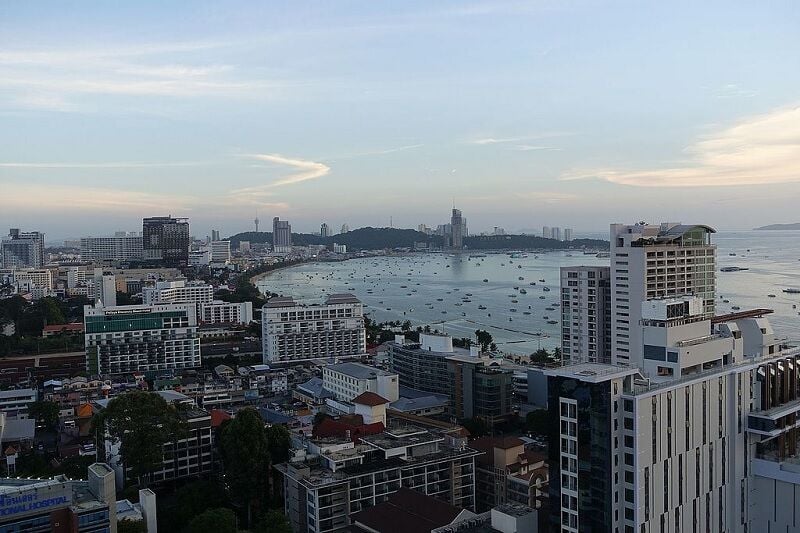Credit agencies highlight Thailand’s EEC as key to industrial growth

Credit rating agencies underscore the significance of Thailand’s Eastern Economic Corridor (EEC) project in advancing the nation’s industrial sector and boosting competitiveness, according to the Public Debt Management Office (PDMO).
The public debt advisor for PDMO, Jindarat Viriyataveekul, indicated that credit rating agencies have been closely observing the EEC project’s progress for years due to its pivotal role in shaping Thailand’s future economy.
“These agencies regard the government’s digital wallet project as a stimulus measure, akin to initiatives in other countries.”
The agencies also recommend that the government focus on reducing budget deficits and aim for a balanced budget in the future. Despite these suggestions, they consistently acknowledge Thailand’s substantial foreign currency reserves.
In April, Moody’s Investors Service upheld Thailand’s sovereign credit rating at Baa1, equivalent to BBB+, with a stable outlook. The agency emphasised Thailand’s large and diversified economy, supported by robust and effective macroeconomic policies. Projections indicate that the Thai economy will grow from 1.9% in 2023 to about 3% in 2024-2025, driven by ongoing recovery in exports and tourism.
The number of foreign tourists is expected to rise from 28 million last year to 35 million this year and 40 million next year, approaching the levels seen in 2019.
Public finances
Public finances remain strong despite ongoing fiscal deficits. Moody’s anticipates the government will manage public debt at stable levels in the medium term and return to conservative fiscal policies.
Moody’s also noted Thailand’s strong debt affordability compared to peers with similar credit ratings.
Prime Minister Srettha Thavisin inspected the EEC development on June 23, urging for the acceleration of the high-speed train project that connects three airports, which is currently delayed. According to the concession contract with Charoen Pokphand Group, the project is scheduled for completion by 2025.
However, it has yet to commence due to the pandemic and the Russia-Ukraine war. The premier has requested new contract negotiations to be finalised by the end of this year.
Significant progress has been reported on the U-Tapao Airport development and the Eastern Aviation City projects. Key infrastructure developments, such as electricity and cooling systems, are 26.4% complete, while aircraft refuelling service systems are 48.4% finished. The water supply and wastewater treatment systems are 98.4% complete.
In the first five months of 2024, 99 foreign investors expressed interest in investing in the EEC area, representing 31% of foreign investors in Thailand, marking a 106% year-on-year increase. The investment value in the EEC area reached 18.2 billion baht during this period, accounting for 25% of total foreign investment, a 93% increase.
Among foreign investors, 31 investors from Japan contributed 3.52 billion baht, while 19 Chinese investors invested 1.80 billion baht. Hong Kong had 11 investors with a total investment of 5 billion baht, and other countries collectively contributed 7.89 billion baht from 38 investors, reported Bangkok Post.
Latest Thailand News
Follow The Thaiger on Google News:


























